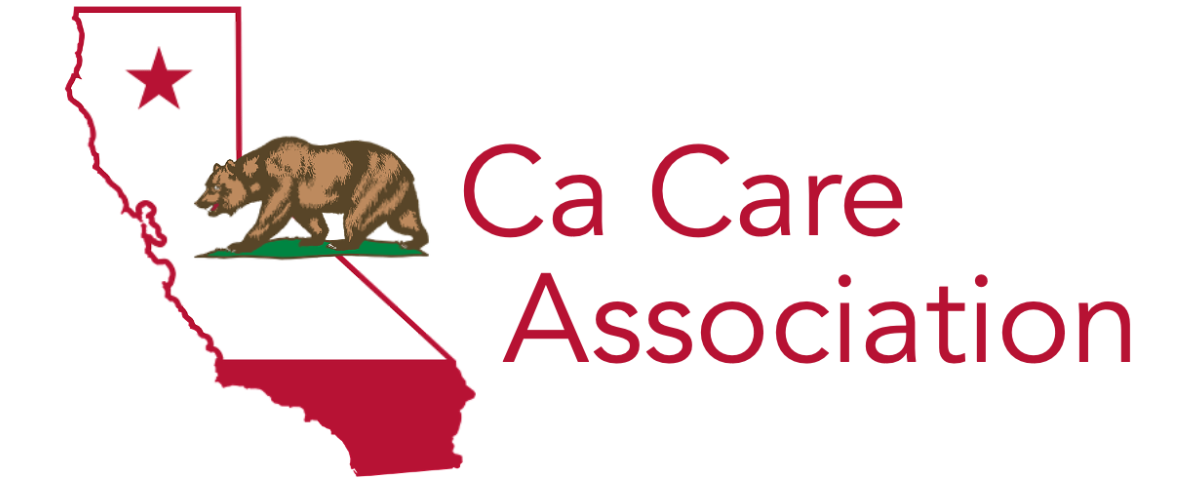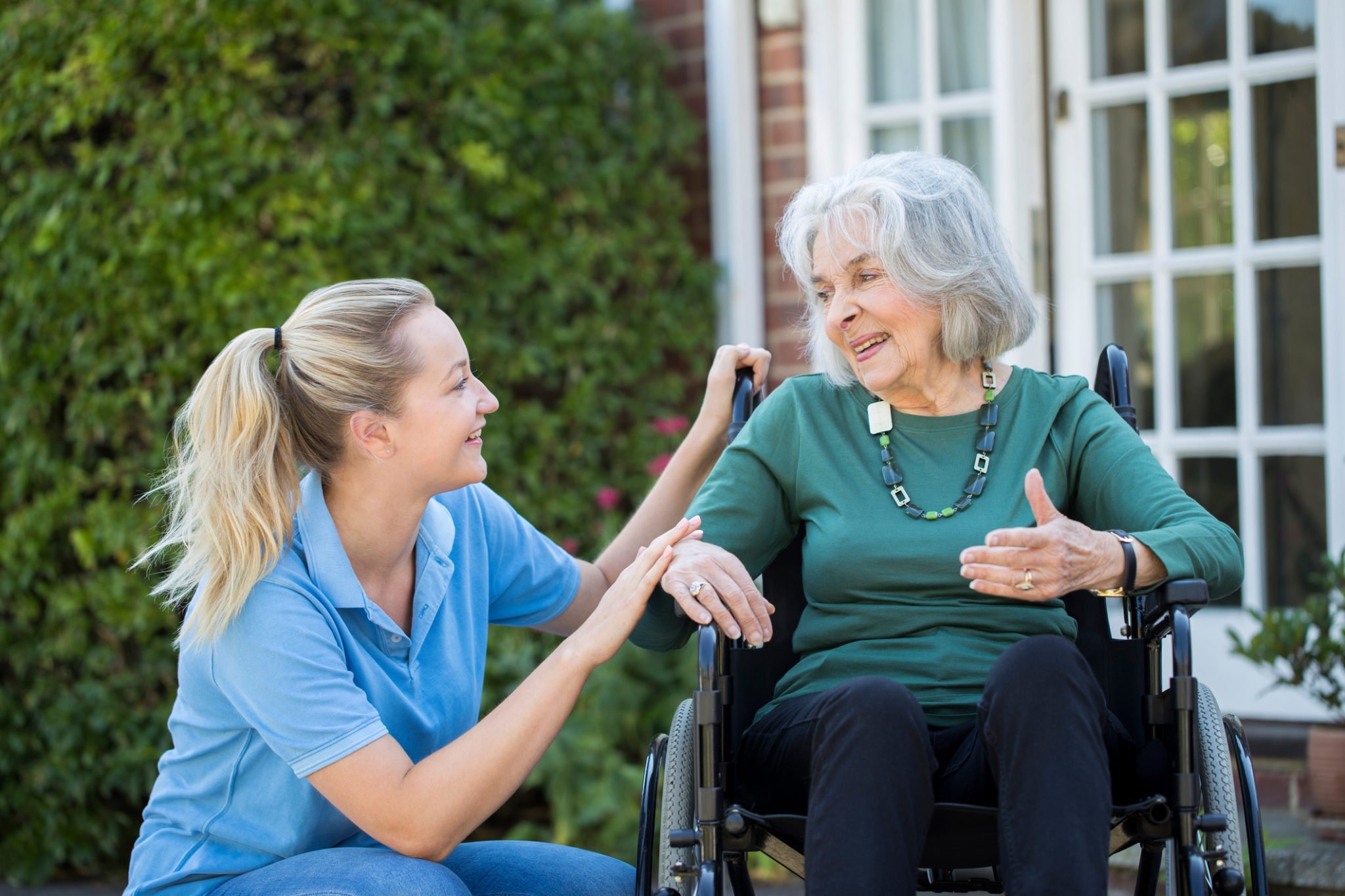Importance of Self-Care to Caregivers and Self-Care Tips
Do you often or sometimes feel burned out, and extremely tired after a long day of working as a caregiver? Caregiving requires so many physical and emotional demands. All of these demands could lead to stress, which a lot of caregivers experience. According to the Family Caregiver Alliance, roughly 4 out of 10 or 38% of family caregivers find their situation highly stressful. While 25% said that it's moderately stressful. If this stress is not combated, it could eventually lead to depression. It's important to make self-care a priority and find ways to manage stress and prevent burnout.
Self-care is a critical aspect of being a caregiver, however, it is often overlooked and neglected. We tend to give our all to others, sometimes leaving just crumbs or even none to ourselves. Sometimes we want to be super productive, and all we do is work, work, and work. As a caregiver, you may be so focused on meeting the needs of your loved one that you forget to take care of yourself. It is important to remember that taking care of yourself is not only necessary for your own well-being, but it is also necessary for you to be able to effectively care for others
Here are 3 reasons why self-care is important to caregivers:
Self-care helps prevent burnout and cope with stress
Caregiving can be emotionally, physically, and mentally exhausting. If you don't take the time to practice self-care, you may experience burnout and stress, which can lead to feelings of helplessness, poor performance, and even depression. According to Family Caregiver Alliance, depression among caregivers is more common than you think, about 40-70% of caregivers have symptoms of depression. This is usually a result of the demanding and sometimes stressful environment caregivers face.
By taking care of yourself, you can prevent burnout and maintain your mental and emotional well-being. So take time to relax, get 8 hours of sleep, do meditation, and eat a well-balanced diet. Treat yourself from time to time because you deserve it.
Self care improves physical health
Caring for others can be physically demanding, especially if the person you are caring for cannot do a lot of activities for themselves. There are a lot of physical activities involved such as: lifting heavy objects, moving patients, moving equipment, etc.. and if you don't take care of your own physical needs, you may experience future health problems. Make sure to get enough sleep, eat a healthy diet, and exercise regularly to maintain your physical health.
Self care improves performance
When we take care of ourselves, we become healthier and happier. And healthier people tend to do better at work because they have more energy. This doesn’t just apply to physical health. When we are mentally healthy we can think more properly, our critical thinking is enhanced, and we could make better decisions, and prevent errors
Now you know what self-care benefits us, now here are some self-care tips that you can do:
Set boundaries
Just like in every healthy relationship, there should be boundaries that need to be set in order for the relationship to work out properly. And make sure that neither of the people involved feels like they are not being respected. Communication is the key here. It's important to communicate your needs and limits to the person you are caring for and to any other involved parties, such as family members or healthcare providers. But also do this in a proper and meaningful way. Setting boundaries can help you feel more in control and prevent overextending yourself.
Take breaks
Caregivers work around 8 to 16 hours a day, and sometimes overtime is needed! You are a human, you get tired, you feel exhausted, you can be overwhelmed. And that is normal, because you are not a robot! It's okay to take breaks and have time for yourself. This can help you recharge and come back to caregiving with a clear mind and more energy. Just like phones, you need to recharge yourself too, or else you won't be as effective as you can be. You can also consider hiring respite care or enlisting the help of friends and family to give you some time off.
Prioritize your physical and mental well-being
This can include getting enough sleep, eating a healthy diet, and exercising. You can even go beyond that by giving yourself treats from time to time. Go have a “YOU” day where you can do whatever you want without worrying about your job. Go to the spa, have your hair and nails done, eat in a fancy restaurant, go out with your friends, the sky's the limit!
Seek support
You are not alone in this. It's okay to ask for help and support from friends, family, and healthcare professionals. Support groups for caregivers can also be a great source of emotional support and practical advice. Ca Care Association gives you access to support from care industry professionals.
Practice stress-reduction techniques
Harvard Health Publishing gave some relaxation techniques to reduce the stress these include: Breath focus, where you practice deep breathes; Body scan, which blends breath focus and muscle relaxation; Guided imagery, where you think of soothing places or events in your head; Mindful meditation; Yoga, tai chi, and qigong; and repetitive prayer.
Remember, it's okay to not be okay all the time. Being a caregiver can be a challenging role, it requires a lot of physical demands. And we as humans can get exhausted and tired. It's important to take care of yourself and seek help when needed. Don't be afraid to reach out for support and find healthy ways to manage stress.
If you want to read more content like this, and help yourself become the best version of a caregiver that you can be, try checking out Ca care association. It provides not just blogs like this, but also training that could help you.
Click here to join membership: https://www.cacareassociation.org/caregiver-membership-sign-up



